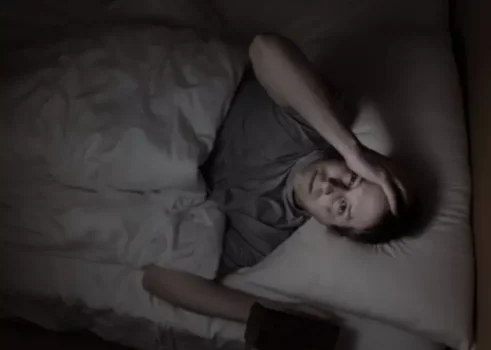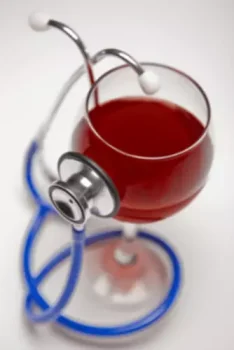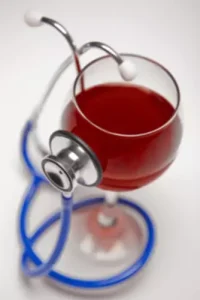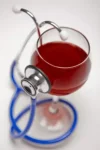Alcohol Withdrawal Seizures: Causes, Symptoms, and Treatment

Benzodiazepinesare often the first treatment doctors suggest for alcohol withdrawal. Symptoms of alcohol withdrawal can range from mild to serious and can sometimes alcohol seizure symptoms be life-threatening. If you drink only once in a while, you’re unlikely to have withdrawal symptoms.
Alcohol misuse and epilepsy
These toxins interfere with normal brain and body functions, which explains why alcohol poisoning can result in coma or death. When you quit drinking, your nervous system is like a car with no brakes going downhill. All that unchecked electrical activity in your brain builds up until it explodes into a seizure if things get bad enough. When you’ve been drinking heavily, suddenly stopping can make it revolt.
Managing Your Alcohol Intake
Detoxification programs provide supervised care for individuals withdrawing from alcohol. Medical professionals monitor vital signs and administer medications such as benzodiazepines to manage withdrawal symptoms effectively while minimizing seizure risks. Interestingly, even individuals without a prior seizure disorder can experience seizures due to excessive alcohol consumption.
- Close monitoring, medication, restoring fluid and electrolyte balance, and providing supportive care are necessary to ensure safety.
- One of the greatest dangers posed by alcohol withdrawal is not necessarily from the seizures themselves, but by falls or accidents caused by a sudden and unexpected loss of consciousness.
- You should discuss this risk with your doctor and follow instructions carefully.
- For abusers, the cessation of drinking can significantly increase the seizure threshold.
What Is The Cycle Of Withdrawal?
Supportive care includes monitoring vital signs and ensuring patient safety during a seizure episode. For those transitioning out of residential care, our Intensive Outpatient Program offers continued support and structure. This 10-week program combines evidence-based practices, such as the Matrix Model and 12-step principles, with 10 hours of weekly counseling to help patients stay on track. Our Residential Program provides a structured, supportive environment where patients can focus on their recovery. To stay sober for the long term, it’s important to uncover the deeper reasons behind addiction and build a solid plan for the future. We focus on treating the whole person — mind, body, and spirit — to help you achieve lasting healing.


Alcohol withdrawal seizures Halfway house usually occur 6 to 48 hours after the person’s last drink. Alcohol consumption spans a spectrum ranging from low risk to severe alcohol use disorder (AUD). Seizures can occur during withdrawal from alcohol in people with a history of heavy drinking or long-term alcohol abuse. In fact, as mentioned, alcohol withdrawal seizures are the most common cause of adult-onset seizures. The absolute best way to prevent or reduce the risk of alcohol withdrawal seizures is to enter a detox center.
- If you experience an alcohol-related seizure, seek immediate medical attention.
- Studies vary, but the current mortality rate is somewhere between 1.8-15%.
- Despite its legal status and cultural acceptance, it is a serious psychoactive substance that can profoundly affect your health.

But according to the Centers for Disease Control and Prevention (CDC), drinking less or not at all may help you avoid neurological harm. Proper nutrition through supplements or a balanced diet is another component of healthy recovery that will be provided in the medical setting. Consuming alcohol over the long term has a depressing effect on the central nervous system (CNS).

